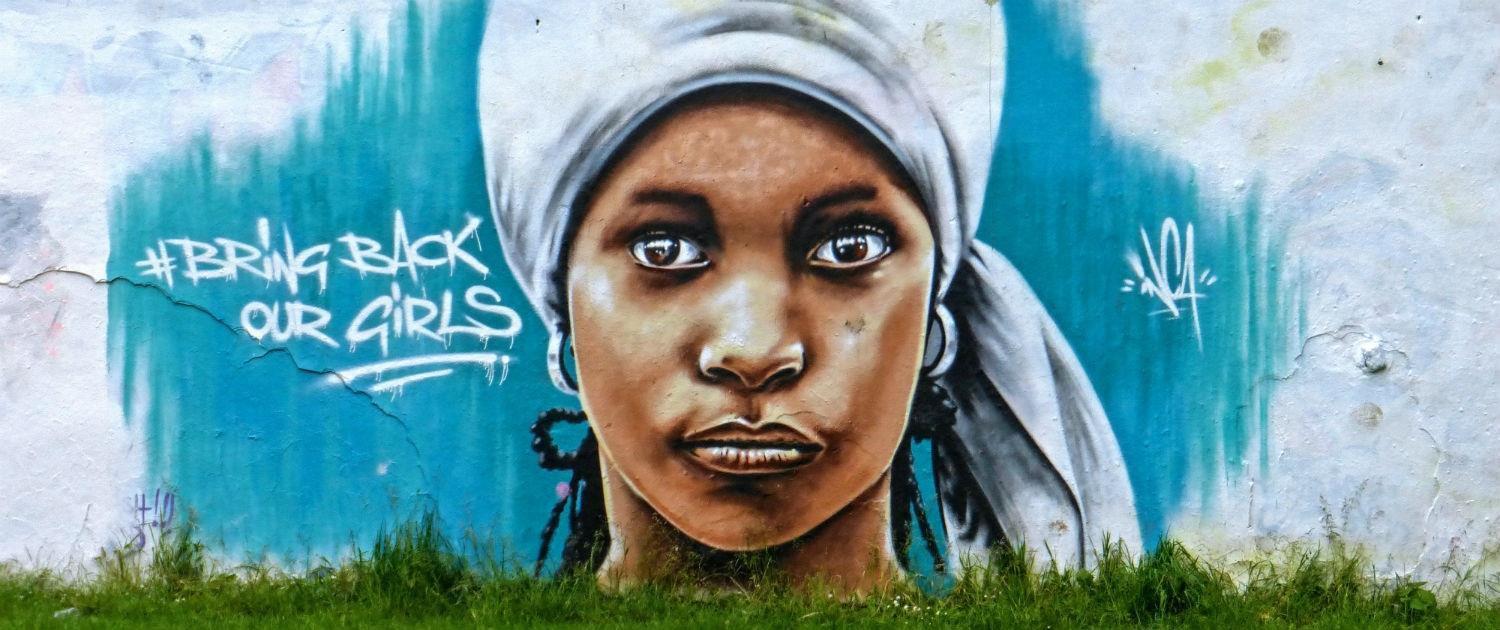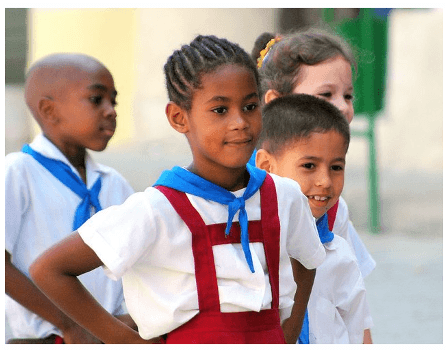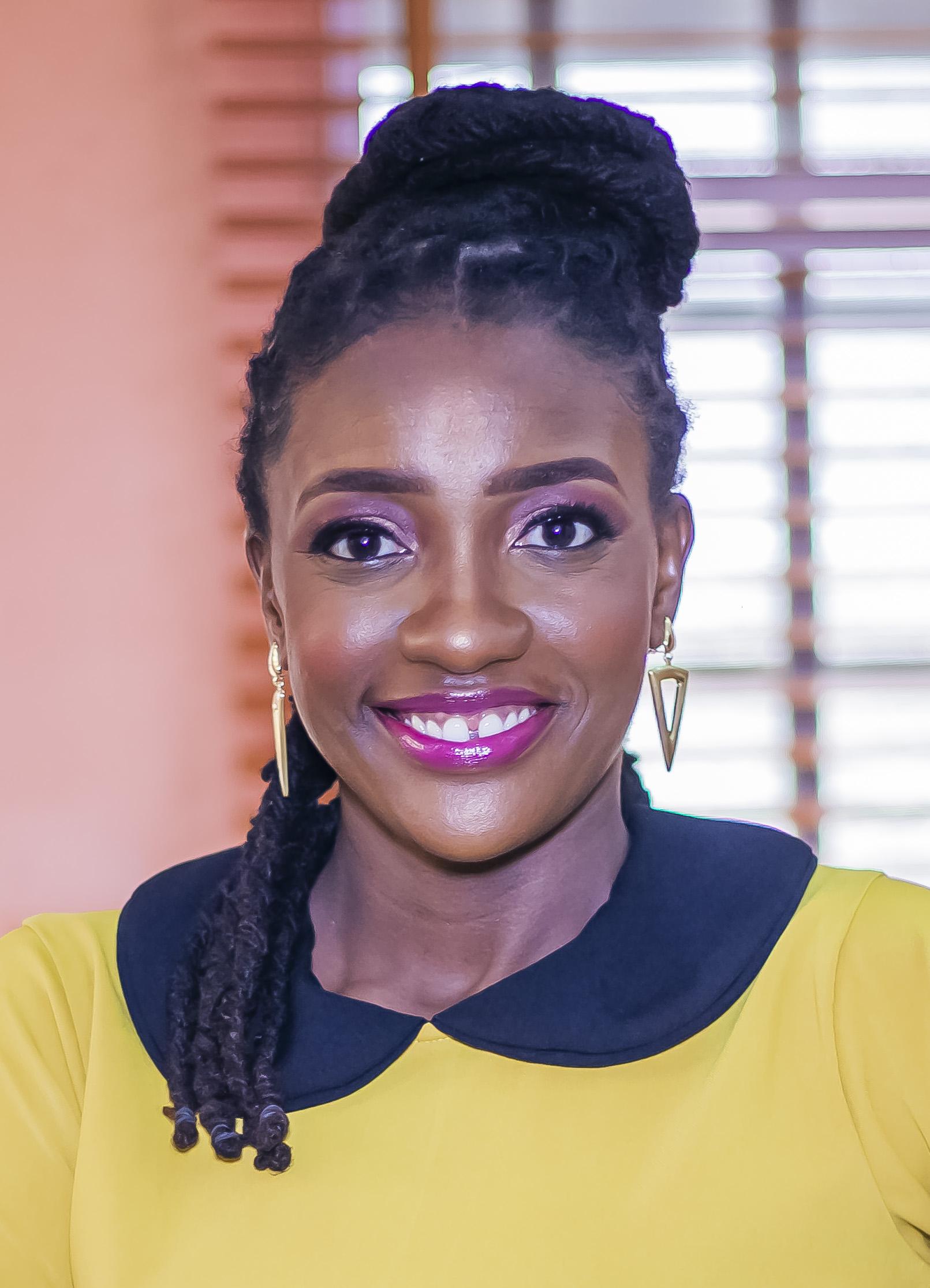Last week Tuesday, my daughter’s school invited me to a “Meet The Parents” event for Grade 1 students. In a room filled with seventeen parents, only four of them were male. After the presentation which detailed a list of guidelines and materials for teaching the children in the new academic year, there was an opening for questions to be addressed to the Head Teacher. I asked her who had the responsibility of choosing the English textbooks and storybooks used in the classrooms.
This is how her answer was couched:
My daughter’s elementary school operates a British curriculum for English Langauge studies. Of course; England owns the English language. The curriculum is designed in the UK and passed onto the educational boards of commonwealth countries. As a TESOL research student, I understand that curriculum design happens at Cambridge University and other ESOL organizations that are a part of the International English Language Testing System. It is this non-teaching body of language policymakers who debate, select and institute the format through which current and next-generation students will learn the English language. If you know anything about language learning, the aspect that accounts for how meaning is created and transported - sociolinguistics, posits that it is impossible to learn a language without first learning the culture. Now, we need to question how the English culture views gender relationships
While there are available books that challenge gender norms, they have not been incorporated into the reading curriculum.Ladybird and many other storybooks of the 20th Century like Rapunzel, Cinderella, Sleeping Beauty, Snow White, etc. were books we read as little girls. These books told stories of women who needed rescuing, women who were downtrodden and thus needed to be saved. There were hardly any storybooks that told tales about women who rescued people. These books imbibed a null (hidden) curriculum in teaching young girls of the 20th Century (who have now become women of the 21st century). It taught the girl child that she was weak, couldn’t save anyone (not even herself), and as such that she deserved to only be rescued.
She would grow up looking for a superhero in most men and most situations. It conditioned the girl child to accept a lower state in life even before her mind was formed enough to process this hidden curriculum. The results of this can be exemplified in the number of women who are lodged in abusive relationships at work, at home, and in socio-cultural settings across the world. They do not believe they are strong enough to demand change. They accept the status quo - willingly or unwillingly.
What this taught the boy child was - that he is strong, he is a hero and his role in life will be to rescue the woman. It preconditioned him to expect women to be weak and as such incapable. That boy child is now a 21st-century man who has been subconsciously programmed to see women as a subaltern in terms of physical strength, emotional intelligence, and cognitive skills. He has been groomed to find women to rescue, and when he meets women who don’t need rescuing - women who are strong, thriving, and completely independent of mind and thought - he experiences a culture shock and reacts just like most people who encounter friction do. He becomes confused and threatened because he does not understand this “divergence”. These things are shown in toxic masculinity, patriarchal structures, and socio-cultural rules expressed through binary oppositions. Our goal should be to normalize divergent women one day and allow for more expressions of different sexuality.
In essence, the null curriculum carried in many of these school books spearheaded gender inequality, thus creating generations of young people who have been pre-conditioned to think and function in a certain way. It is so subtle and so constant in operation, that we do not recognize it is even there at all. But what scared me the most about what my daughter’s Head Teacher said was that my ideologies were too passionate and too deep for an elementary school. She dismissed my inquiries as “a feminist coalition” matter and encouraged me to take it offline with the wife and husband who owned the school. What they each had to say to me was profound.
- Supplementary materials: As a school, they have no power to edit the curriculum. They can only edit the auxiliary materials used to execute the curriculum. For instance, the videos and literary activities are within their control and this gives the school an opportunity to infuse educational videos that challenge existing gender norms.
- African authors and the publishing houses: As creatives, Nigerian authors are not writing stories that show exemplary women who are rescuing men. The problem is that we are not creating culturally empowering stories for our children at the elementary level.For example, a storybook where the female is a doctor and she is operating on her friend who is male and broke his leg. Publishers want to produce books that will sell thus socio-cultural rules of men as leaders and women as followers, will sell better than the other way around. We should tell our own stories as women. If we don’t, then the null curriculum narrative will continue.
- Social leadership as an influential tool: I had been nominated as library patron for the school’s 2021/2022 academic year and I was going to turn down the position because my time was stretched thin between my thesis, my children, my multiple jobs, and my personal life. By talking to the owners of the school, I realized that if I didn’t serve by influencing the choice of books children will read in the library, I would be silently saying that it is okay for gender un-mainstreaming to continue.
- Education as a business: The school system is filled with children produced by parents from the very society we desire to change. Not everybody wants change. Change is uncomfortable. My daughter’s school owners told me that they were a business so they had to have their classrooms filled up for them to pay their bills. If they push the gender mainstreaming mantra too hard, then parents from the northern part of Nigeria and parents with a strong western Nigerian culture would pull out their kids. Hence, gender-sensitive parents like me were large enough to help the school remain profitable.
- Extracurricular activities for the children: A subtle tool the school owners employed was the introduction of ‘Just Us Girls’ events, attended by upper elementary classes (years 4 to 6). This was when the school found it appropriate to sensitize the girls (only) about gender equality and social inclusion. I would have thought that since the identity of a human is formed in childhood before they are aged 7, why would we begin extracurricular activities for female identity formation at age 8? Also, why are only the girls being sensitized? Shouldn’t the boy child be sensitized so that he has a chance to learn to fix the problem before society creates a mercenary of him in propagating the problem? When I mentioned that marriage was not an achievement for a woman, rather partnering with a man when she chooses a life-long friend was the achievement, the School owner’s eyes rolled.
- Intentional parenting: In the end I got upset. But anger is a good thing when the energy is mined for change, and this is exactly what my best friend advised me to do. While we do not have too much control over what our children are taught in school, we do have control over what we model at home. For instance, we should model to the 21st-century women who arerunning publicly listed companies with a market capitalization of $150 million USD and larger.
Children learn by observing what adults do, not by listening to what adults say. In the end, if we all take personal steps for gender mainstreaming at home, then our children will grow into the world with a “home null curriculum” for gender mainstreaming and the social inclusion of females in the 22nd Century.





